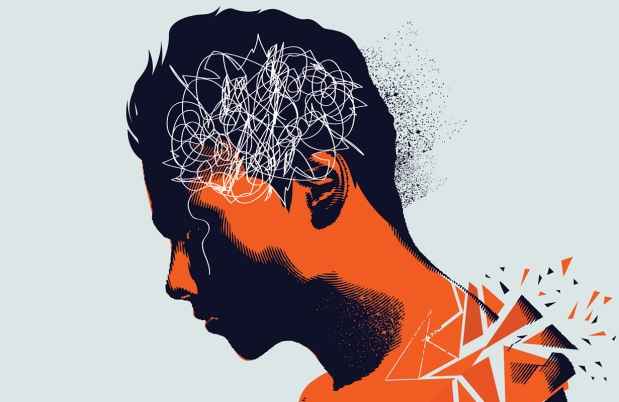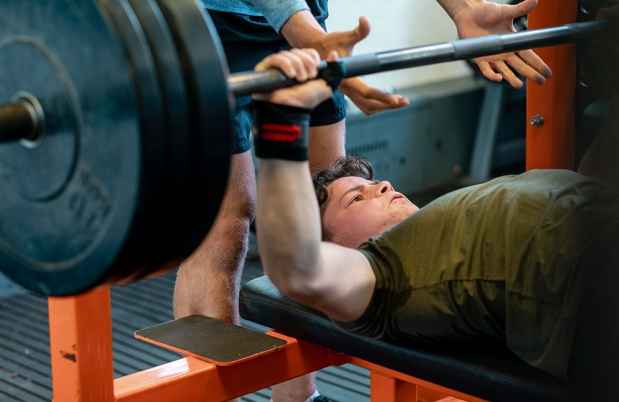David Yue-Wei Lee, PhD, director of McLean Hospital’s Bio-Organic and Natural Products Research Laboratory, and an associate professor of Psychiatry at Harvard Medical School, died peacefully last weekend. He was 78 years old.
“I want to offer my deepest condolences to David’s family and all those close to him, including many McLean and other colleagues,” said Scott L. Rauch, MD, McLean’s president and psychiatrist in chief. “He was a brilliant and kind man who made important contributions to our field and our community.”

Lee, who was born in Nanyang, China, came to McLean Hospital in 1999. His laboratory’s unique approaches to investigating disease have resulted in unconventional breakthroughs.
Lee worked on numerous drug discovery projects related to traditional Chinese medicine, contributing significantly to the development of alternative therapies for alcohol misuse and dependence and for osteoarthritis. In addition, the lab explored and developed alternative treatments for substance abuse, autism, schizophrenia, Alzheimer’s disease, and other conditions.
Lee and his colleagues have also investigated natural remedies for diabetes, depression, autism, schizophrenia, and Alzheimer’s disease. Lee received an institutional development award in 1985, published well over 110 papers, and holds 15 U.S. and international patents.
“David was gracious and thoughtful in his interactions with colleagues, extremely insightful and innovative in his unique perspective on identifying compounds from nature for novel medication approaches, and he was generous in spirit,” stated Kerry J. Ressler, MD, PhD, McLean’s chief scientific officer and chief of the hospital’s Division of Depression and Anxiety Disorders.
“He was an international leader in these areas and will be deeply missed by all who knew him and the field.”
Scott E. Lukas, PhD, director of the McLean Imaging Center and the Behavioral Psychopharmacology Research Laboratory and a longtime colleague of Lee’s, said, “I first met David in 1997 and realized that he would fill an important gap in the research ventures at McLean, and so we decided that he should be recruited during the Mailman Research Center expansion program.”
“He was a visionary and extremely well versed in both conventional and traditional Chinese medicine literature, which helped propel the development of kudzu as a treatment for alcohol use disorder,” Lukas continued. “He and I had multiple grants together and published several exciting papers showing how traditional Chinese medicine could be applied to treat one of the world’s most devastating health issues—alcoholism. Not only was he a great colleague, but he was a good friend who will be deeply missed.”
Lee was the principal investigator on “Alternative Therapies for Alcohol and Drug Abuse,” a program project grant funded by the National Institutes of Health. Under this program, several isoflavone glycosides have been identified and assessed in animal models of alcoholism, leading to good efficacy and safety profile in reducing alcohol consumption in Phase II clinical trials in the U.S.
Lee also served as co-principal investigator on the development of the herbal remedy HLXL for treating osteoarthritis.
Prior to joining McLean, Lee worked as a senior research chemist in chemistry and life sciences at the Research Triangle Institute in North Carolina.
He received his bachelor of science degree from Taiwan Normal University in 1969, his master’s degree in organic chemistry from California State University in 1973, a master of science degree from Columbia University College of Pharmacy in 1975, and his doctorate in natural product and organic chemistry from Columbia in 1978.
Lee also held a senior research chemist fellowship at the Research Triangle Institute in 1978 and 1979.
He supervised scores of trainees and was the recipient of numerous honors and awards. He was a member of the American Chemical Society, the Research Society on Alcoholism, the Society for Neuroscience, the Sino-American Pharmaceutical Professionals Association, New England Chapter, and the American Society of Pharmacognosy.
Lee was a founding member and vice president of the Massachusetts Society of Chinese Medicine and a member of the Society of Chinese Bioscientists in America, where he served as chair of the Triangle Chapter from 1989 to 2001.
A memorial service will be planned for later in the spring.
Media Requests
Journalist or member of the media? We are available 24/7 for media requests.



